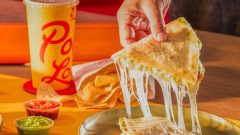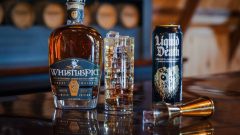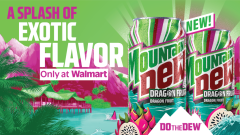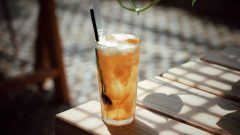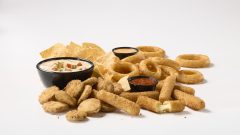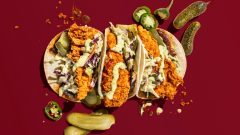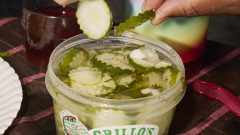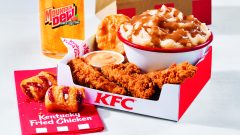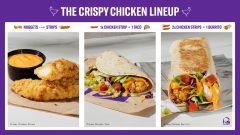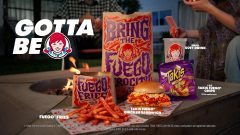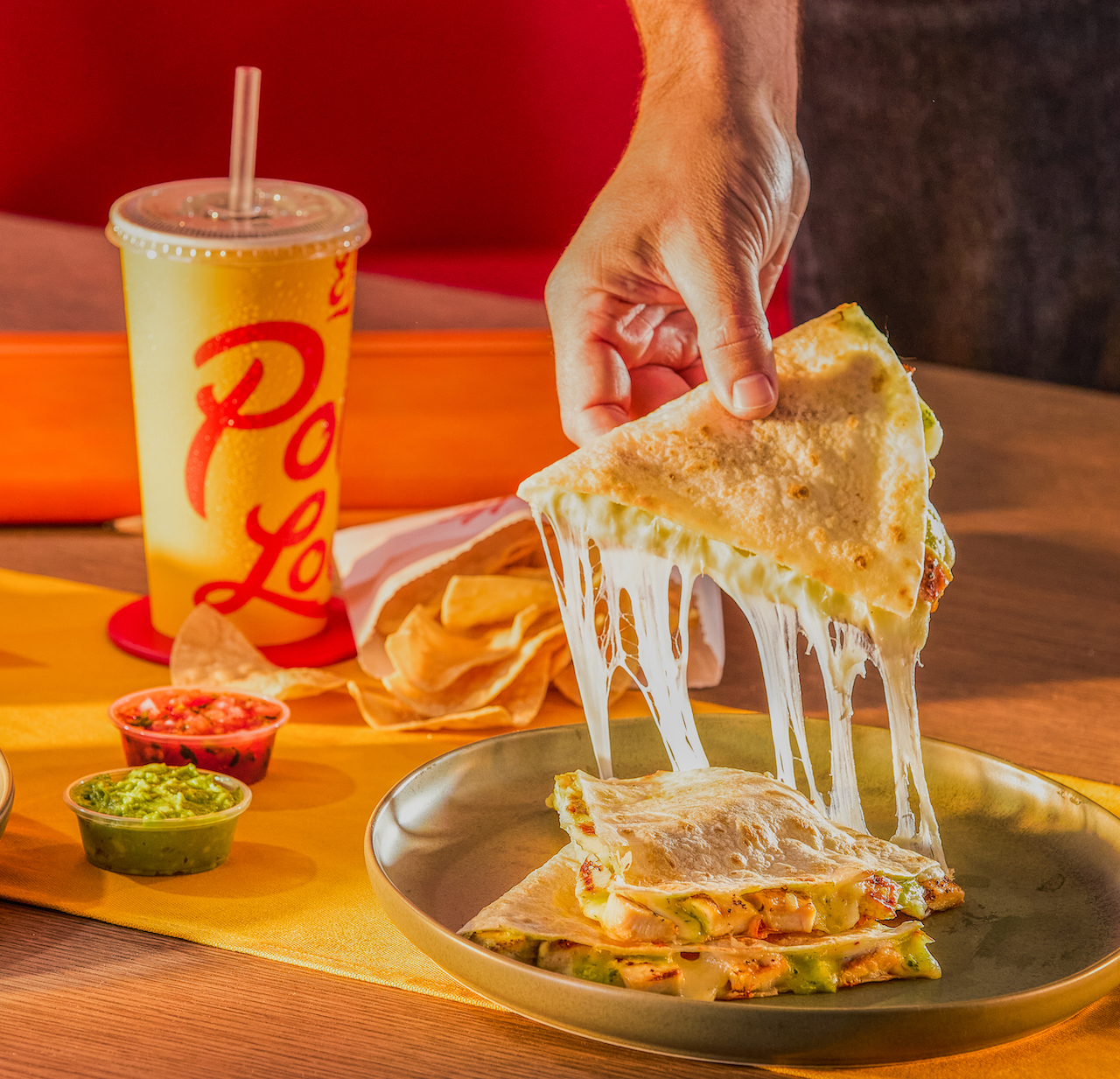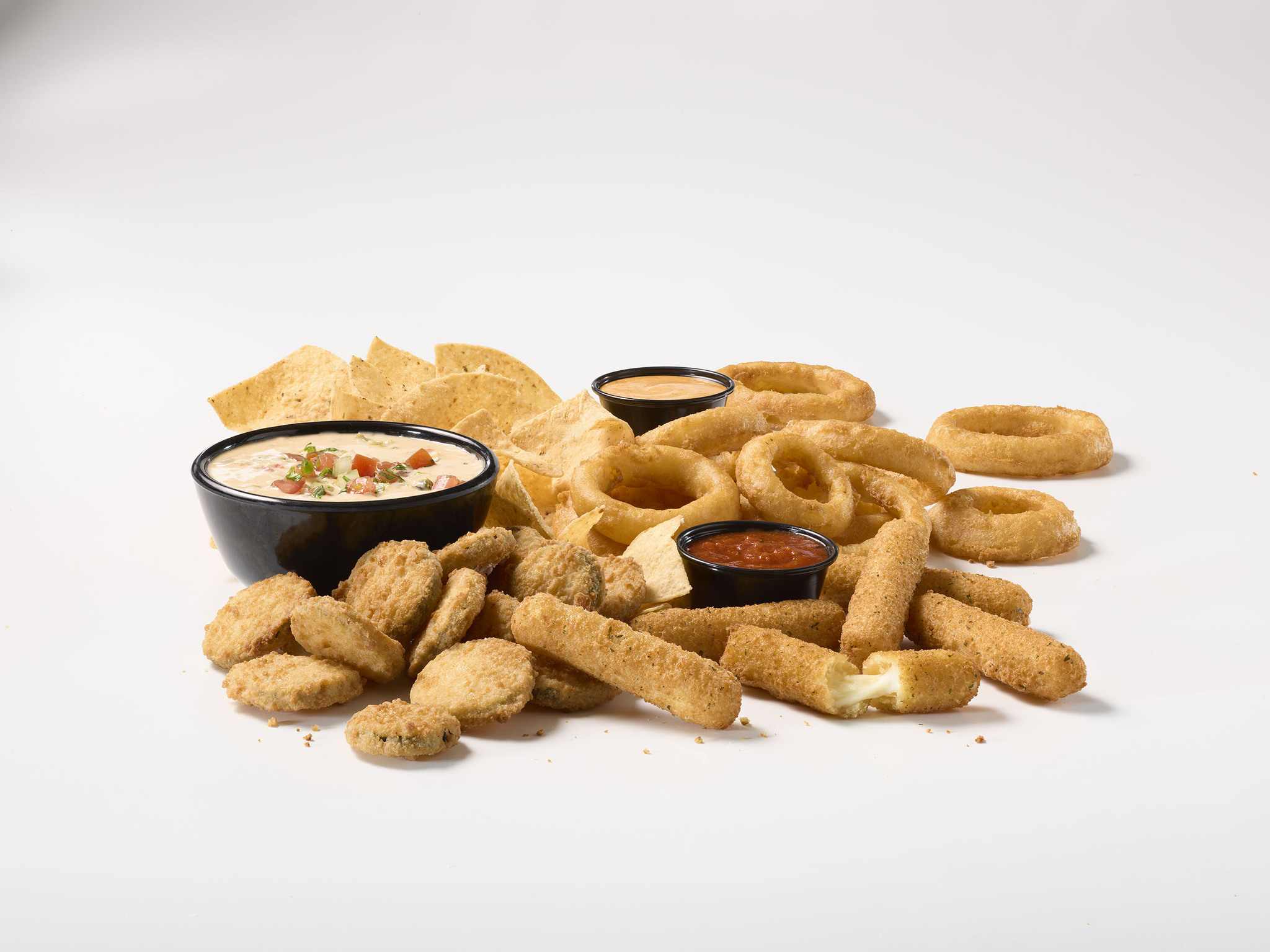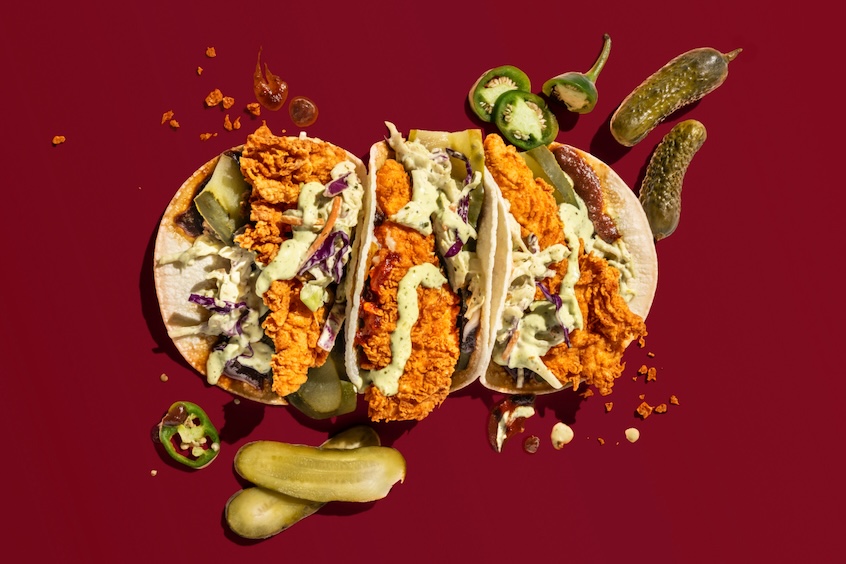Jamba Juice Sued Over Claims That Their ‘Whole Fruits’ Advertising Is Misleading
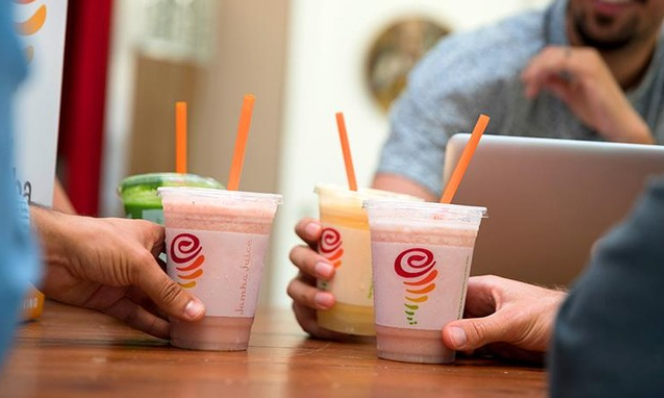
Jamba Juice shows off a ton of whole fruits in its displays and on counters, with several claims that they use the fresh produce to make their smoothies and other items. A lawsuit is challenging this, however, saying that it is deceptive and misleading based on what actually goes into Jamba’s drinks.
The suit was filed by the Center for Science in the Public Interest (CSPI), a nonprofit health advocacy watchdog that caught on to potentially misleading advertising from Jamba Juice. Their class action lawsuit accuses the smoothie chain of violating false advertising laws in California and New York, and seeks an unnamed amount of monetary restitution on top of demands that Jamba stop marketing with terms like “whole fruits and vegetables” immediately.
CSPI’s major problem with the advertising comes from discrepancies between it and the ingredients inside of Jamba Juice’s products. Examples include a passion fruit and mango juice blend that’s mostly white grape juice that serves as the base for a Caribbean Passion smoothie. On menu boards, that drink is listed as having mango, strawberry, peach, orange, and passion fruit, yet the only actual fruit that is blended in is the strawberries and peaches.
Another example comes from claim’s on Jamba’s Instagram that they don’t use high fructose corn syrup, turbinado, or “pumps,” aka syrups. That may be true, but CSPI found that there’s still regular sugar and corn syrup inside. They argue that Jamba’s post implies no added sugars, which wouldn’t be the case in real life because of the sugar and corn syrup.
Does CSPI have a valid claim against Jamba Juice? Possibly, although there’s a lot of legal territory in the realm of commercial speech (aka advertising) to navigate to be certain. Jamba Juice is allowed to make factual claims about its products given that they are not “inherently” or “potentially misleading,” as Federal Trade Commission (FTC) regulations put it. CSPI seems to have found the possibility for some of what Jamba has said to be deceptive, whether it be intentional or not.
It’ll be interesting to see what the outcome of the lawsuit is, and whether Jamba Juice chooses (or is forced) to change their marketing strategy as a result.



